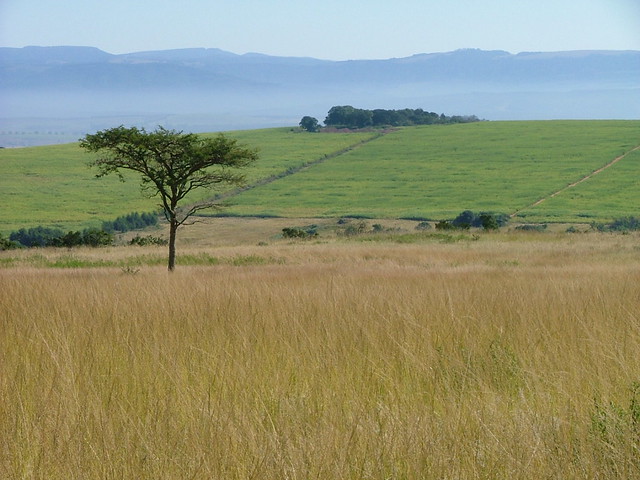Donning- (verb)
Definition: to put on (a piece of clothing)
Source: http://www.merriam-webster.com/dictionary/don
Found in: “Quicksand” By, Nella Larsen (P. 382)
Passage: “Evidently, she had had little time or thought for the careful donning of the five-years-behind-the-mode garments which covered her, and which even in their youth could hardly have fitted or suited her.”
The word don basically means a piece of clothing that you’d change into. Helga used the word don expressing that she didn’t care much to put on those “five-years-behind-the-mode” garments that barely fitted her.




